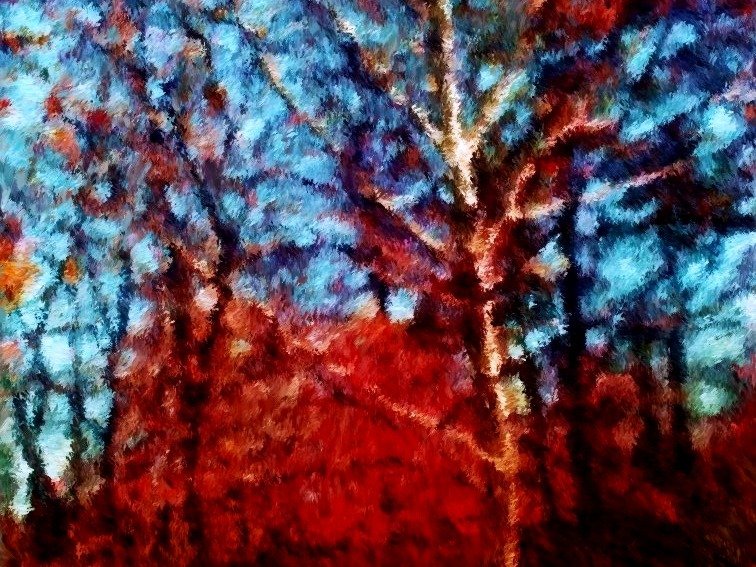Jesus Embraces Nature by Refusing to Fast
By Rick McVicar
A confrontation over fasting in the Gospel of Mark leads to Jesus discussing weddings, wine and packaging (2:18-22, NIV).
A few people in a crowd notice that Jesus’ disciples keep eating while John the Baptist's disciples fast. The disciples of Pharisees fast as well. Jesus answers by saying that nobody fasts while the “bridegroom” is still around (v. 19).
Click on image to go to YouTube video.
The context suggests that Jesus is talking about himself. He refers to his coming demise by saying people will fast after the bridegroom takes his final bow.
The story leaves a gaping hole. If Jesus is the groom, who is the bride? It cannot be the disciples, as they are identified in the story as the “guests of the bridegroom” (v. 19). With that in mind, the bride cannot be the church. So who is the bride? Is Jesus both the groom and the bride? That is one possibility, which would affirm those struggling with gender identity issues.
Another possibility is that Jesus is referring to nature. In refusing to promote fasting, Jesus is declining abstinence from nature. Growing food, eating and drinking are mentioned a lot throughout Mark’s Gospel. Food is the primary connection to nature found in this work. Fasting is frowned upon because it is the withdrawal of affection from the bride, which is nature.
The Gospel of Mark ebbs and flows with an evolving relationship towards nature. At the beginning of the Gospel, the wilderness is a place of both renewal and temptation. Then Mark follows rivers and lakes, falling in love with nature along the way. That is a recap of what these blogs on Mark have uncovered so far.
Returning to the confrontation over fasting, Jesus uses analogies of patching clothes and pouring wine to make his point. The right patch must be chosen if it is to stay put. Old wineskins cannot be expected to hold fresh wine that is still fermenting.
While the point is that you must be careful mixing the old with the new, Jesus’ use of recycling metaphors is intriguing. I am sure he never heard of wine boxes. That said, he does appear to be concerned about finding the appropriate packaging. It leaves me wondering what he might have to say about plastics. For some reason, I do not think they would suit his taste.
The discussion on fasting is followed by a story of Jesus’ disciples picking gran from a field. Pharisees who see them are offended because it is the Sabbath (2:23-27, NIV). Jesus responds by referring to King David, adding that Sabbath’s intent is to serve people, rather than people serving it.
The resting of Sabbath is intended to serve nature as well.


